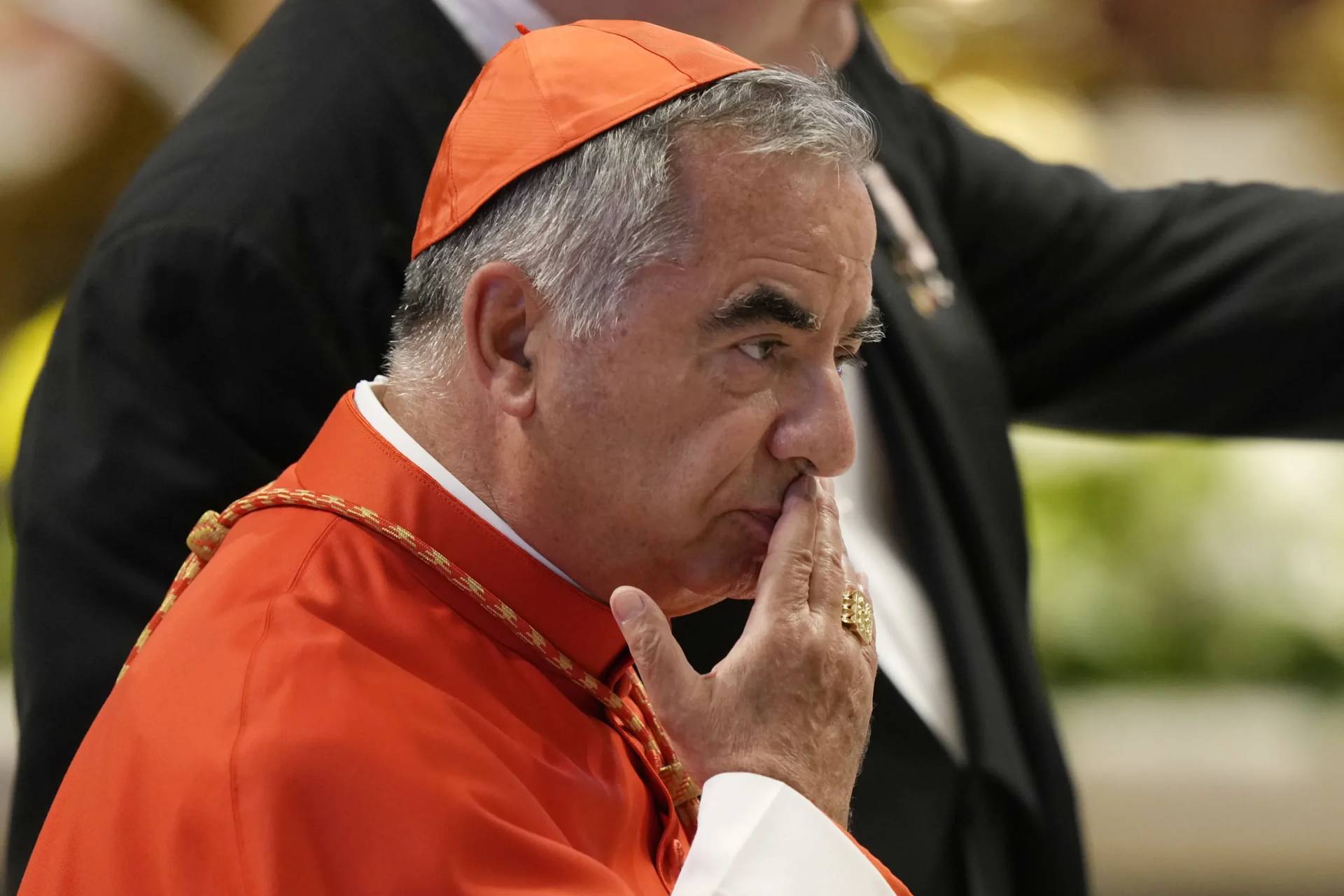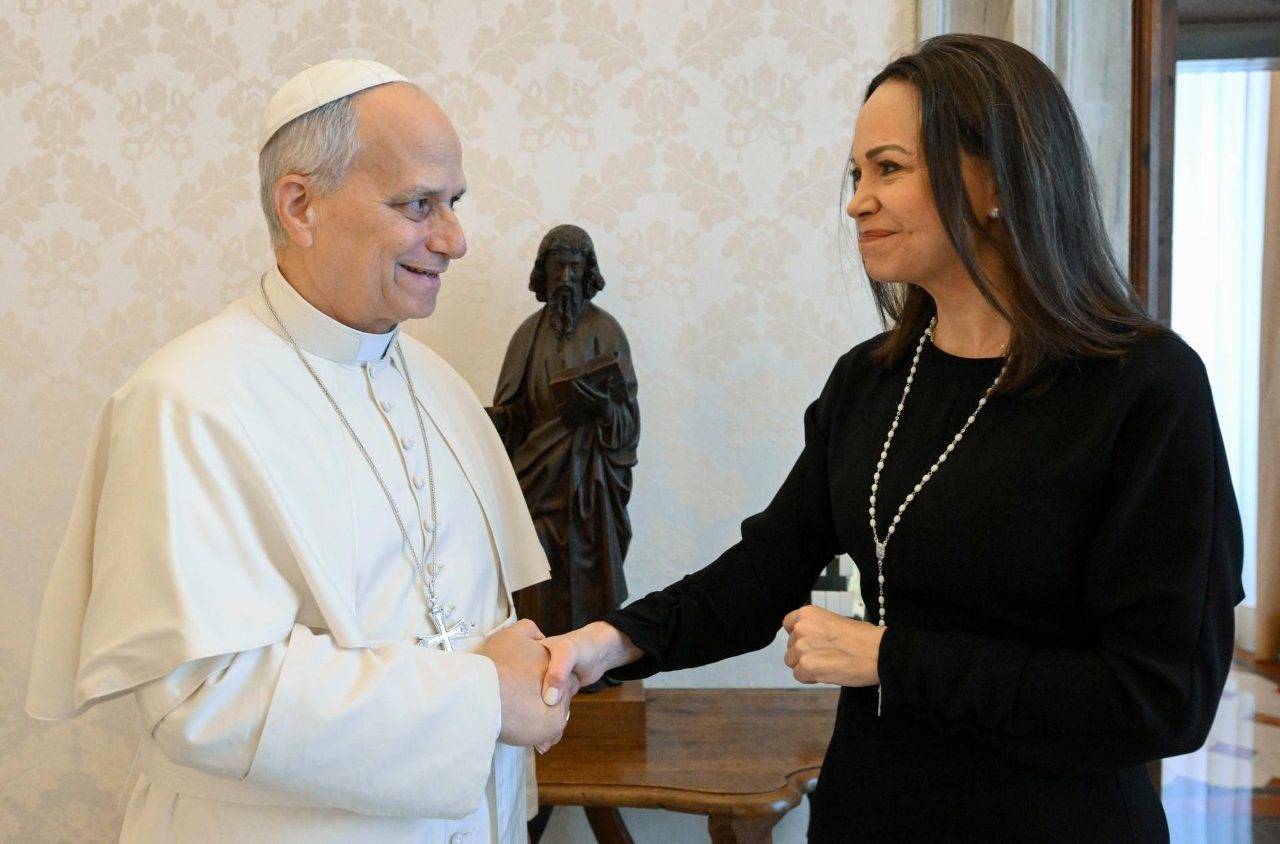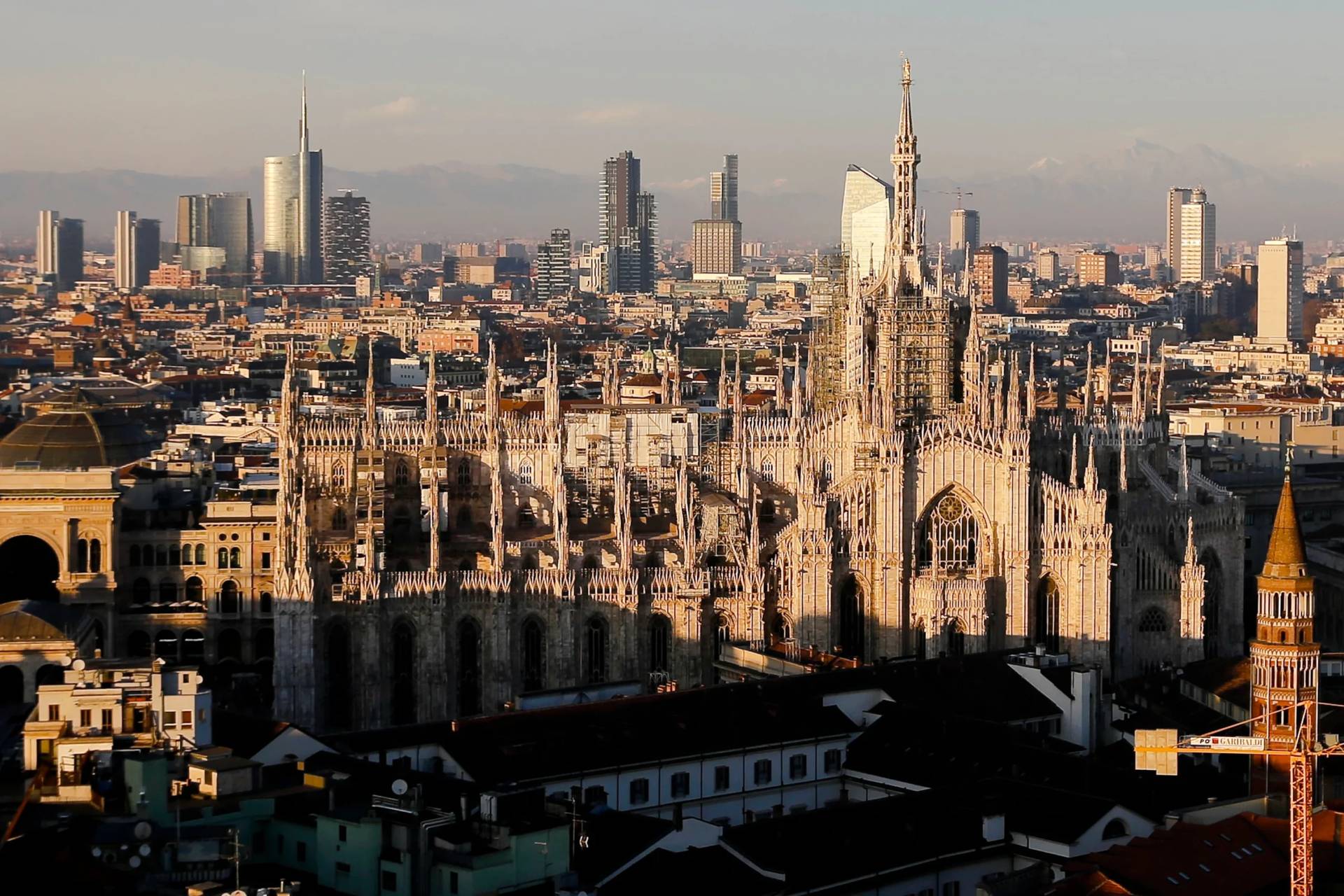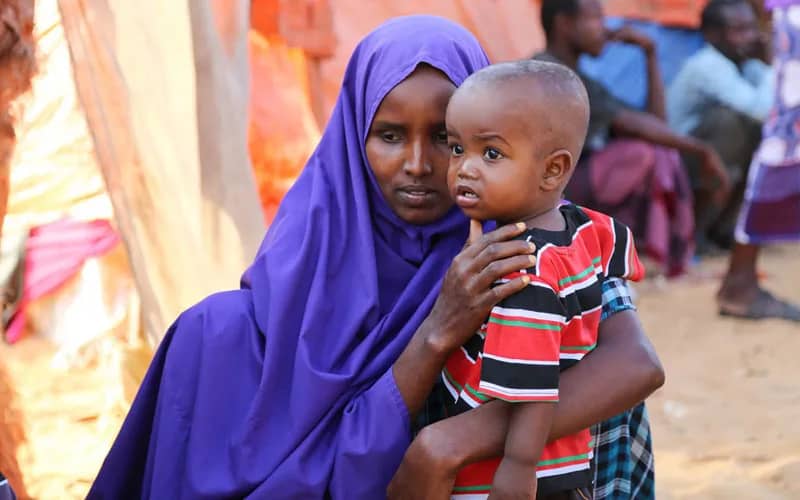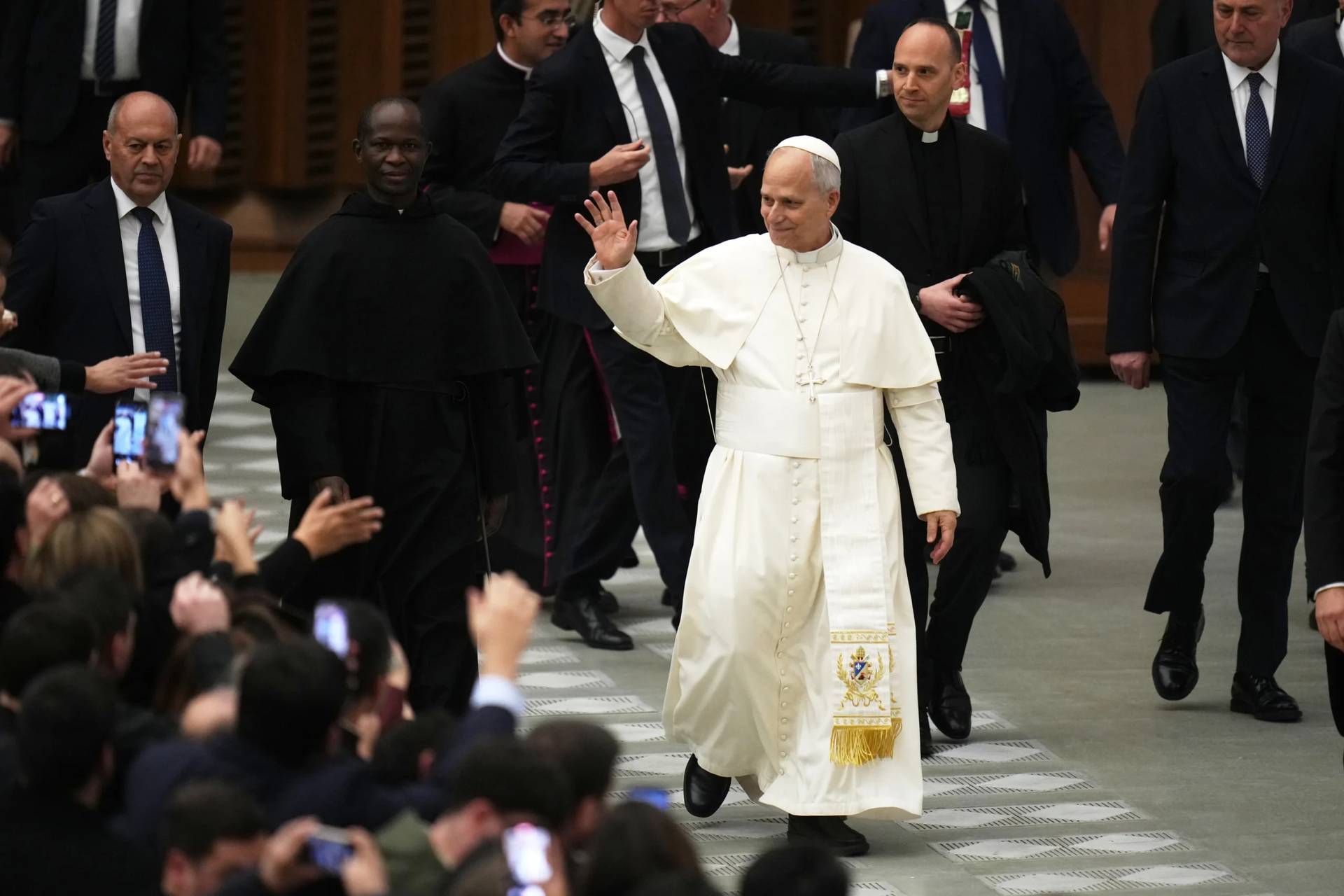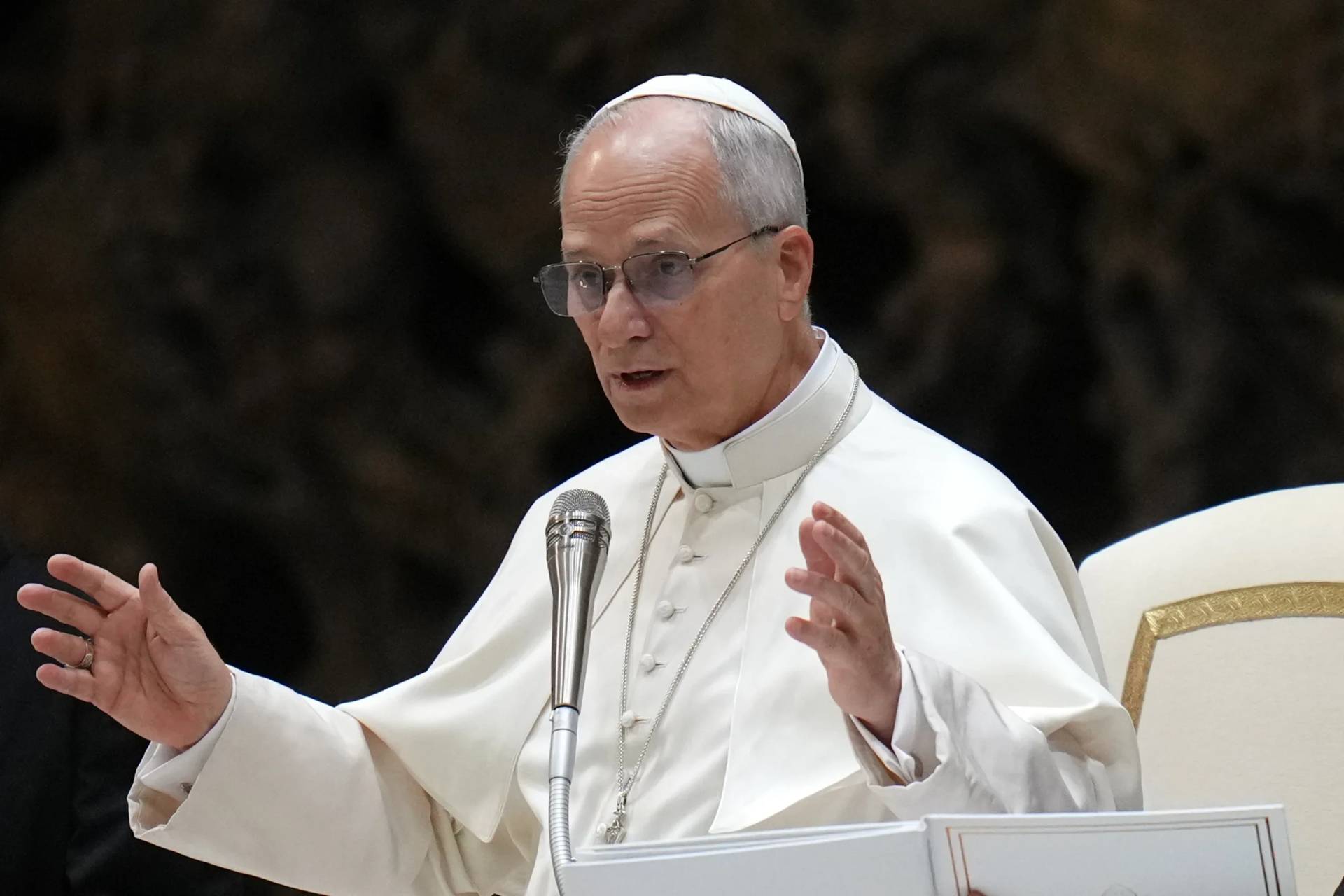ROME – As vaccine distribution plans slow down throughout the North America and Europe due to delays in production, the Vatican has called for equitable disbursement, urging wealthy countries to refrain from buying up all the doses, leaving none for poorer nations struggling to contain their own outbreaks.
In a Jan. 22 statement signed by the Pontifical Academy for Life’s president, Archbishop Vincenzo Paglia, and chancellor, Monsignor Renzo Pegoraro, they said that “Faced with the very serious problems that are arising in relation to the production and distribution of the vaccine for COVID-19,” the academy “strongly reaffirms the urgency of identifying suitable systems for transparency and collaboration.”
“There is too much antagonism and competition and the risk of severe injustices,” they said.
The statement comes amid rising tensions in both Europe and North America over vaccine distributor Pfizer- BioNTech’s recent announcement of a temporary delay in deliveries as the company scales-up its Belgium factory to keep up with demand.
This delay has caused unexpected shortages despite doses being promised and paid for, meaning most regional health authorities have now paused giving new first doses of the vaccine. Several countries, including Italy, have threatened Pfizer with legal action over the delay as vaccine distribution plans are put on hold.
In their statement, the Pontifical Academy for Life echoed Pope Francis’s appeal on Christmas day for “everyone – government leaders, businesses, international organizations – to foster cooperation and not competition, and to seek a solution for everyone: vaccines for all, especially for the most vulnerable and needy of all regions of the planet. Before all others: the most vulnerable and needy.”
To do this means overcoming the logic of “vaccine nationalism,” in which wealthier states buy up reserves for themselves first, leaving poorer countries unable to afford the cost with fewer doses remaining.
“International agreements must be promoted and supported to manage patents in order to facilitate everyone’s access to the product and avoid possible ‘commercial short circuits,’ also to keep the price controlled in the future,” the academy said.
They stressed that vaccine production should be a “collaborative operation” between states and pharmaceutical companies, “so that it can be carried out simultaneously in different areas of the world.”
“This is an extraordinary opportunity for a new, more supportive future,” they said, adding that in the same spirit, “a positive synergy must be initiated by enhancing the production and distribution facilities available in the various areas where the vaccines will be administered,” according to the principle of subsidiarity.
“It is therefore to be avoided that some countries receive the vaccine very late because of shortages due to the prior purchase of large quantities by the richer states,” the academy said, insisting that vaccine distribution plans require a series of tools “that need to be specified and implemented to achieve the agreed goals in terms of universal accessibility.”
The academy’s statement also comes as countries such as Brazil are struggling to contain the coronavirus, as well as new strands that have emerged in certain areas.
In his Jan. 20 general audience greeting to Portuguese-speaking pilgrims, Pope Francis offered special prayers for “all those who are suffering because of the pandemic, especially to those in Manaus in northern Brazil.”
Brazil currently has the second highest number of COVID infections and deaths in the world, trailing only the United States.
With nearly 8.7 million confirmed cases and more than 214,000 deaths, Brazil is struggling to stop the spread and is quickly running out of essential supplies such as oxygen and ventilators as patients continue to roll in.
Brazil’s Amazonas state has been hit especially hard, with a death rate of roughly 159 per 100,000 inhabitants. Indigenous communities are most at risk, many of which are remote and lack immediate access to healthcare services and facilities.
The city of Manaus, the capital and largest city in Amazonas, and which has one of the worst infection rates in the state, has suspended its own vaccine distribution, which kicked off Tuesday, in order to reevaluate its dispersal plan.
Manaus has only received enough doses to cover 34 percent of 56,000 health professionals in the city, meaning the strategy for distribution must be reconceived.
In a Jan. 22 statement, Archbishop Miguel Cabrejos, archbishop of Trujillo, Peru, and head of the Latin American bishops’ conference (CELAM), called for “immediate action by Brazilian government authorities to act with due diligence, speed and efficiency in the fact of the spread of COVID-19 in Brazil, especially in Manaus.”
Cabrejos urged authorities “not to leave the people to their fate” and to act swiftly to prevent contagion, urging greater responsibility and compliance with protocols aimed at stopping the spread.
“Undoubtably, preferential attention should be on the most vulnerable people, the impoverished, indigenous people, and the most vulnerable sectors of Manaus and Brazilian society.”
Elsewhere in the world, countries such as Jordan have been praised by Church leaders for the decision to include refugees in vaccine distribution plans.
Earlier this month Jordan became one of the first countries in the world to offer vaccine doses to refugees, most of whom are from Iraq and Syria. Raia Alkabasi, an Iraqi refugee living in Jordan’s northern city of Irbid, was the first UNHCR-registered refugee in the country to get the jab, which is free of charge.
Speaking to Fides News, Bishop William Hanna Shomali said the decision to include refugees in Jordan’s distribution plan “cheered everyone, including Jordanian citizens, and attests that refugees in Jordan are recognized and treated as people with the same rights as the local population.”
“The government’s decision responds to several reasons,” he said, noting that, “refugees are poor, they have no resources to pay for the vaccine themselves.”
“Jordan receives international aid, albeit insufficient, to maintain the reception camps on its land, and therefore the free extension to refugees of the vaccine administration also meets the elementary criteria of justice: Jordan is responsible for the fate of refugees and bears this responsibility,” he said.
The Vatican itself recently received around 10,000 doses of the Pfizer vaccine and has begun its own distribution, with the first jabs going to Pope Francis, retired pope Benedict XVI, and two groups of 25 homeless people. They have not announced any delays in their own disbursement plan.
Follow Elise Ann Allen on Twitter: @eliseannallen






